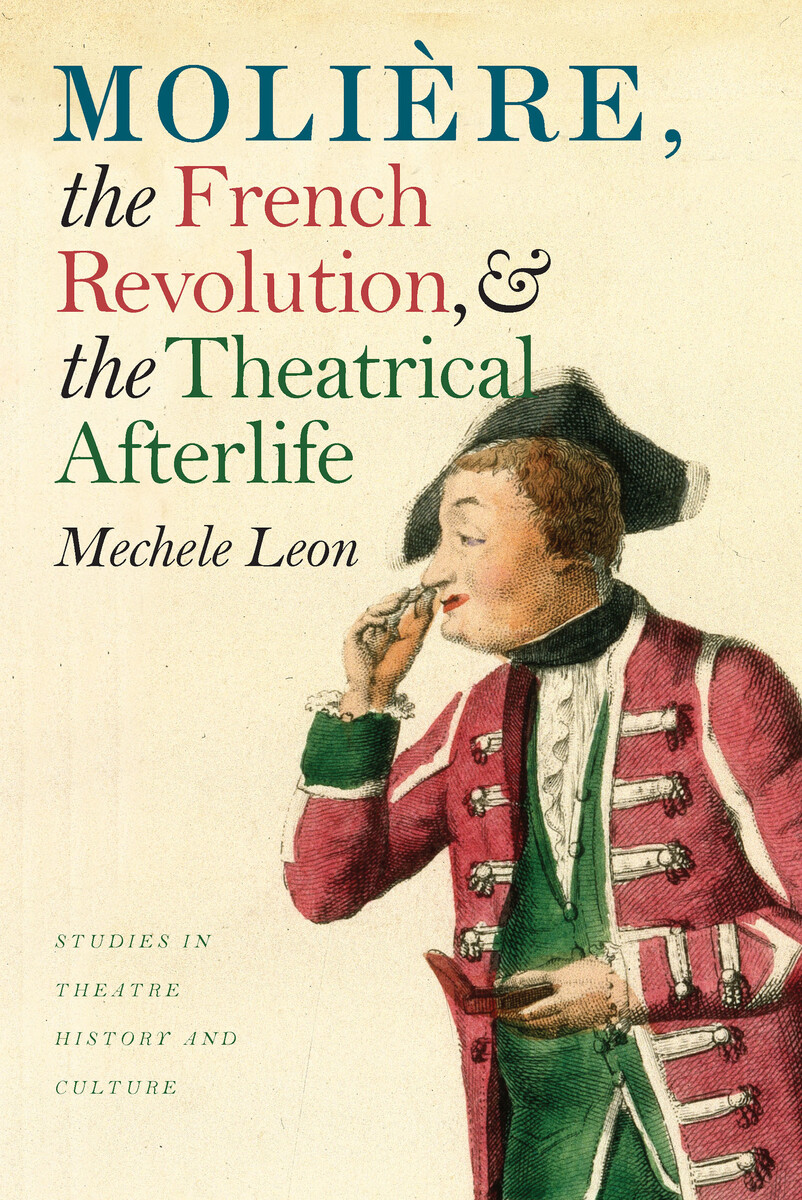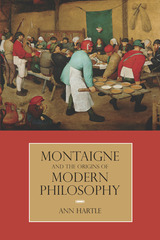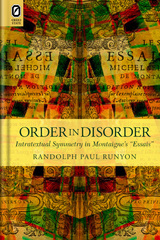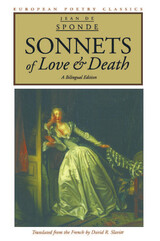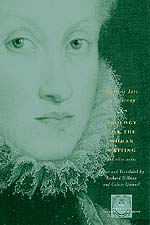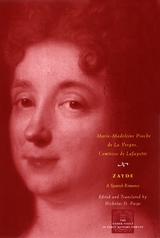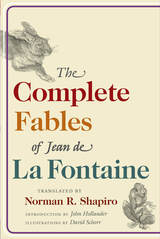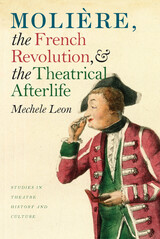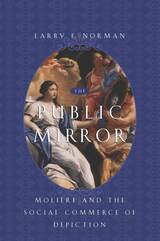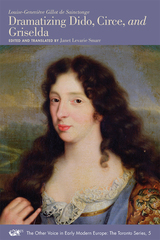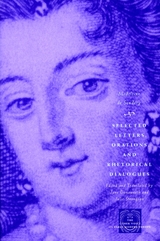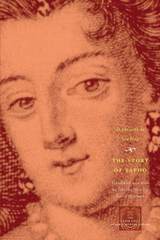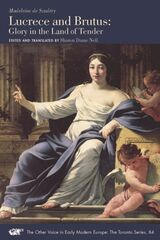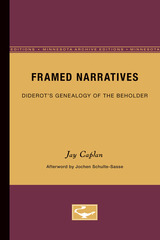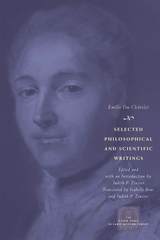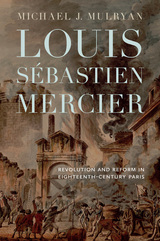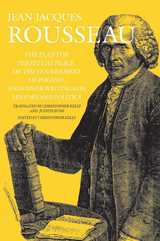Molière, the French Revolution, and the Theatrical Afterlife
University of Iowa Press, 2009
eISBN: 978-1-58729-891-2 | Cloth: 978-1-58729-821-9
Library of Congress Classification PQ1860.L43 2009
Dewey Decimal Classification 842.4
eISBN: 978-1-58729-891-2 | Cloth: 978-1-58729-821-9
Library of Congress Classification PQ1860.L43 2009
Dewey Decimal Classification 842.4
ABOUT THIS BOOK | AUTHOR BIOGRAPHY | REVIEWS | TOC | REQUEST ACCESSIBLE FILE
ABOUT THIS BOOK
From 1680 until the French Revolution, when legislation abolished restrictions on theatrical enterprise, a single theatre held sole proprietorship of Molière’s works. After 1791, his plays were performed in new theatres all over Paris by new actors, before audiences new to his works. Both his plays and his image took on new dimensions. In Molière, the French Revolution, and the Theatrical Afterlife, Mechele Leon convincingly demonstrates how revolutionaries challenged the ties that bound this preeminent seventeenth-century comic playwright to the Old Regime and provided him with a place of honor in the nation’s new cultural memory.
Leon begins by analyzing the performance of Molière’s plays during the Revolution, showing how his privileged position as royal servant was disrupted by the practical conditions of the revolutionary theatre. Next she explores Molière’s relationship to Louis XIV, Tartuffe, and the social function of his comedy, using Rousseau’s famous critique of Molière as well as appropriations of George Dandin in revolutionary iconography to discuss how Moliérean laughter was retooled to serve republican interests. After examining the profusion of plays dealing with his life in the latter years of the Revolution, she looks at the exhumation of his remains and their reentombment as the tangible manifestation of his passage from Ancien Régime favorite to new national icon.
The great Molière is appreciated by theatre artists and audiences worldwide, but for the French people it is no exaggeration to say that the Father of French Comedy is part of their national soul. By showing how he was represented, reborn, and reburied in the new France—how the revolutionaries asserted his relevance for their tumultuous time in ways that were audacious, irreverent, imaginative, and extreme—Leon clarifies the important role of theatrical figures in preserving and portraying a nation’s history.
Leon begins by analyzing the performance of Molière’s plays during the Revolution, showing how his privileged position as royal servant was disrupted by the practical conditions of the revolutionary theatre. Next she explores Molière’s relationship to Louis XIV, Tartuffe, and the social function of his comedy, using Rousseau’s famous critique of Molière as well as appropriations of George Dandin in revolutionary iconography to discuss how Moliérean laughter was retooled to serve republican interests. After examining the profusion of plays dealing with his life in the latter years of the Revolution, she looks at the exhumation of his remains and their reentombment as the tangible manifestation of his passage from Ancien Régime favorite to new national icon.
The great Molière is appreciated by theatre artists and audiences worldwide, but for the French people it is no exaggeration to say that the Father of French Comedy is part of their national soul. By showing how he was represented, reborn, and reburied in the new France—how the revolutionaries asserted his relevance for their tumultuous time in ways that were audacious, irreverent, imaginative, and extreme—Leon clarifies the important role of theatrical figures in preserving and portraying a nation’s history.
See other books on: 1622-1673 | Criticism and interpretation | French Revolution | Molière | Theater
See other titles from University of Iowa Press
